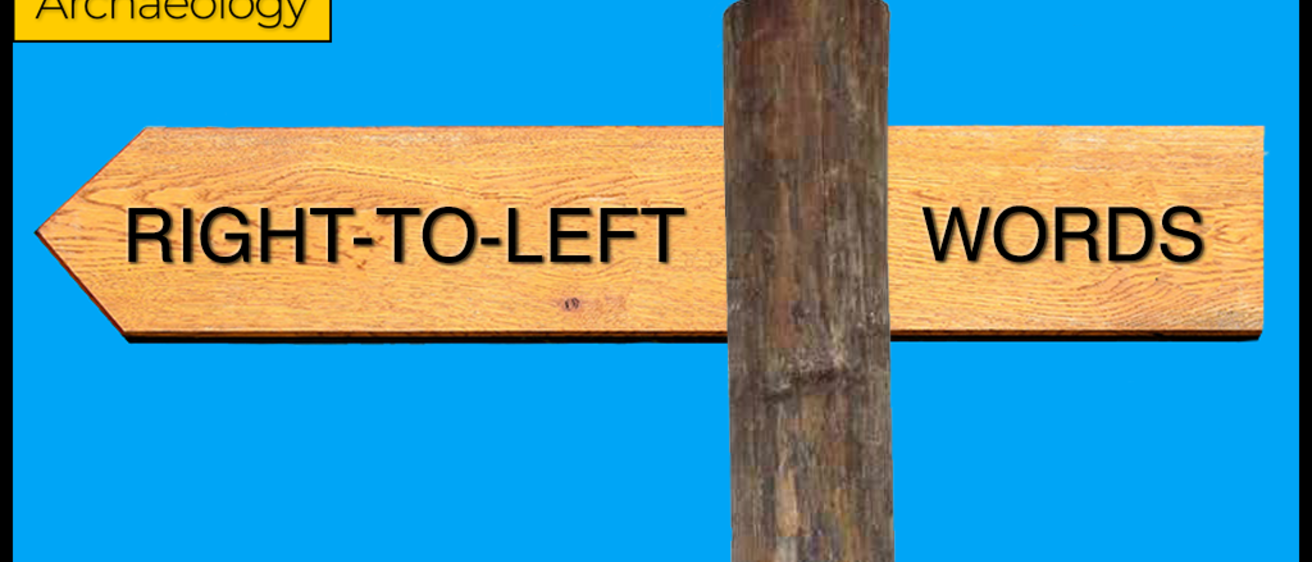The Hebrew verb ארר (ʾārar) means "to curse." The verb is often found in a passive sense in the Bible, where it appears as ארור (ʾārūr).The serpent in the garden of Eden is the first to receive a curse in the Hebrew Bible. Genesis 3:14 describes the moment when the serpent is cursed for its actions: "The LORD God said to the serpent, 'Because you have done this, cursed (ארור) are you among all animals and among all wild creatures; upon your belly you shall go, and dust you shall eat all the days of your life.'" When Jacob blesses Isaac in Genesis 27:29, he repeats the pattern of the Abrahamic covenant that draws on curses as protection when he states: "Cursed (ארור) be everyone who curses you (ארריך), and blessed be everyone who blesses you!"
Curses and blessings are an integral part of the covenantal formula of the Hebrew Bible, as evidenced by Deuteronomy 27:15–26, which lists various forms of disobedience that will result in curses. Some of the behaviors that will result in a curse in Deuteronomy 27:15–26 include the following: "Cursed (ארור) be anyone who makes an idol or casts an image, anything abhorrent to the LORD, the work of an artisan, and sets it up in secret … Cursed (ארור) be anyone who dishonors father or mother … Cursed (ארור) be anyone who moves a neighbor's boundary marker … Cursed (ארור) be anyone who misleads a blind person on the road." The purpose of the curses listed in Deuteronomy 27 is to inspire obedience in the Israelites as covenant partners, as stated in verse 26: "Cursed (ארור) be anyone who does not uphold the words of this law by observing them."
For information regarding the purported Mount Ebal curse tablet, click HERE.
